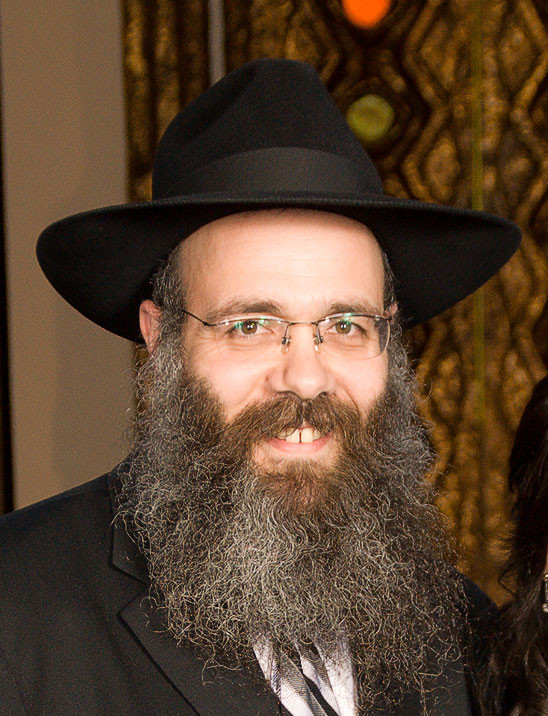Appreciating the sounds of the shofar
Rosh Hashanah is referred to in the Torah as “the day of [shofar] blowing.” The sounding of the shofar, the ram’s horn, plays center stage. On Rosh Hashanah we use the shofar to produce a sequence of three sounds. This sequence is repeated many times during the course of the days’ prayers: One, long and uninterrupted, is the tekiah. The next one — the teruah — is made up of short spurts of interrupted sounds, while the third, like the first, is continuous — a tekiah again.
The first and third sounds represent perfection, as they continue unhindered, and even grow in power with time. It is the second one that sings a different song. The song of imperfection, obstacles, challenges, and inconsistencies, short spurts of energy because that’s all that can be mustered. It tells the story of unbeatable determination, of triumphs (small but many), of the strength to move forward, and of beginnings, all of which inspire hope and faith in the hearts of those who listen carefully, unable to help being moved. According to the mystics, the first sound, pure and unadulterated, reflects the perfect beginning of time in Eden, before there was sin.
The second sound, the teruah, is the mournful tune of exile, sung by us — the Jews of Diaspora. It cries of interrupted and inconsistent service of God. Of love, awe, and faith that stop short as often as they suddenly ring forth. It is the mouthpiece for those who know too much pain, leaving them with no energy – or worse, no willpower – to blow on. They have lost their breath. The perfect world reflected in the sound of the tekiah isn’t lost forever – Moshiach is on his way.
The third sound, which gains in momentum and concludes with a powerful finale, is even more perfect than the first. It prophesies of Messianic times and the return to Paradise. “And on that day [of Redemption] a tekiah will be sounded from a great shofar.”— Isaiah 27:13. The teruah will expire, never to return. The psalmist says, “Ashrei ha’am yod’ei teruah,” which translates as “Fortunate is the nation who knows how to blow a teruah.” Perhaps a deeper reading is: “Fortunate is the nation that knows – i.e., fully appreciates – the unique sound of teruah!” Amid the darkness and hardship, let the teruah be heard!
The Jean Fischman Chabad Center of the Five Towns invites all to High Holiday services at HAFTR High School, 635 Central Ave. in Cedarhurst. For more information and a schedule of services visit our website www.chabad5towns.com.
Chabad wishes everyone a happy, healthy and sweet New Year.






